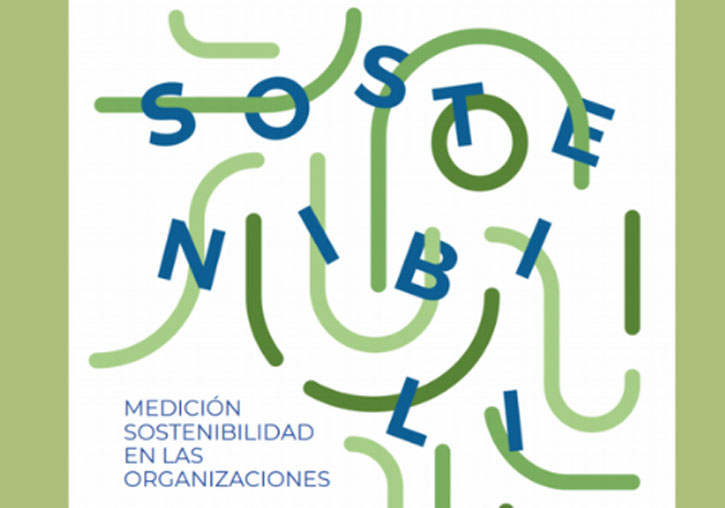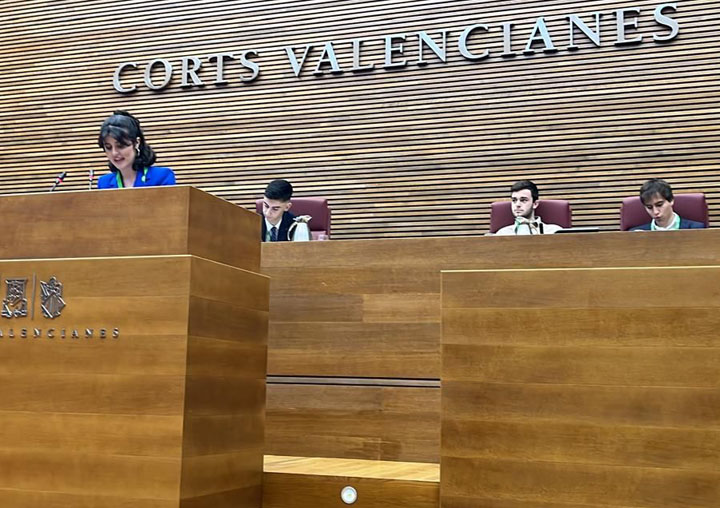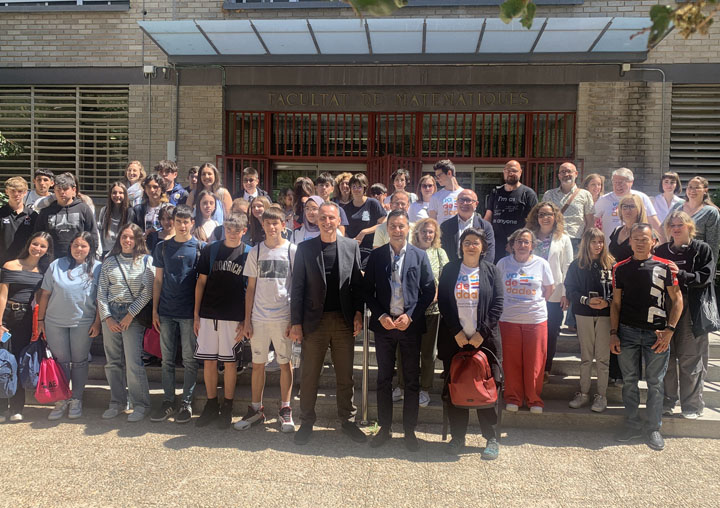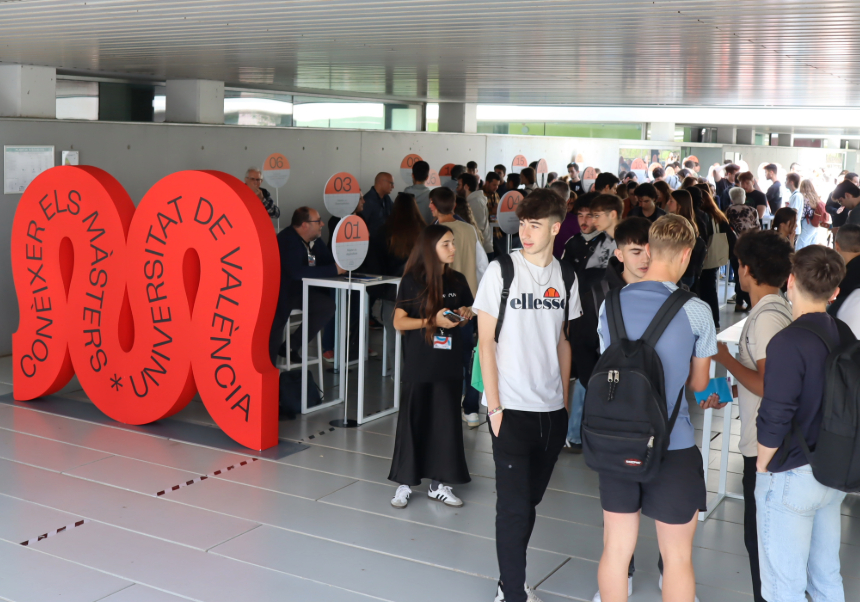First social and environmental impact self-diagnosis tool for SMEs in the Valencian Community
- Chair for Economy for the Common Good
- February 12nd, 2021

The Chair in Economy for the Common Good team of the University of Valencia, together with CEEI Valencia (European Centre for Innovative Companies), has designed the first sustainability diagnosis tool so that small and medium-sized enterprises can quantitatively assess the social and environmental impact of their business activity.
The tool was launched through Emprenemjunts and consists of a 20 question test that allows the user to learn where a company stands in terms of corporate sustainability. Companies and entrepreneurs can thus identify areas to improve and increase competitiveness by focusing their resources and skills on implementing the sustainable criteria required by new demands and trends of today’s market and society.
The test analyses the organization’s main stakeholders: suppliers; owners, equity and financial service providers; employees, including co-working employers; customers and other companies, and social environment. Each interest group is assessed in accordance with the values and principles proposed by the ECG model: human dignity, solidarity and social justice, environmental sustainability, and transparency and co-determination.
With this information, the test measures the position of the company on the Dyllick and Muff matrix, placing it in one of the four different levels of corporate sustainability: from unsustainable business (the lowest position) up to the Sustainability 3.0 level, in which shared value is created for all stakeholders from the point of view of the common good and with a perspective organised from the outside in.
Furthermore, this test is the preliminary step to the company’s sustainability memory and the beginning of the road towards establishing a Register of Socially Responsible Entities of the Valencian Community.
File in: Càtedres
















